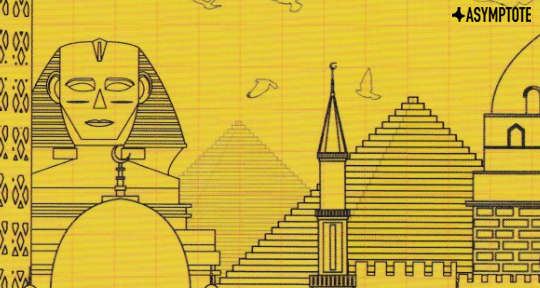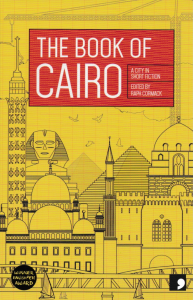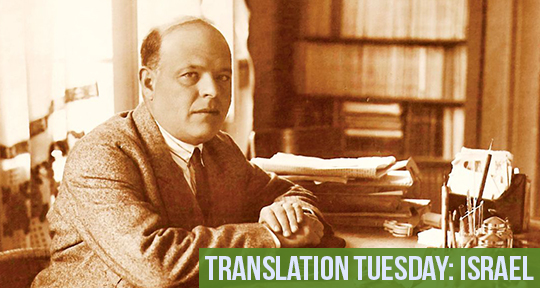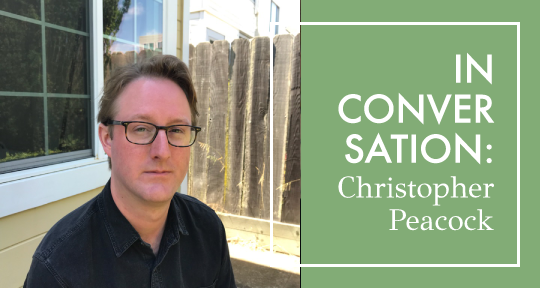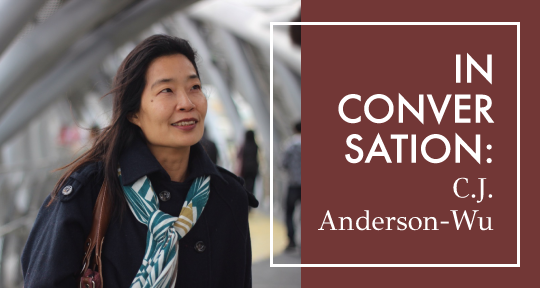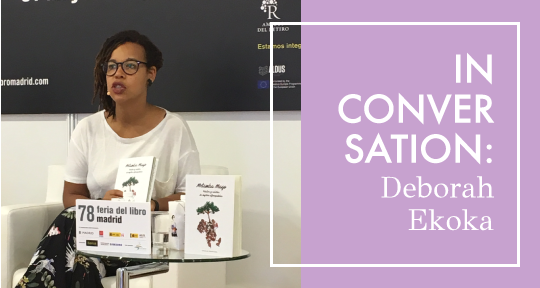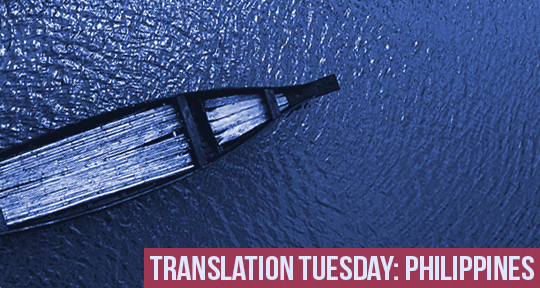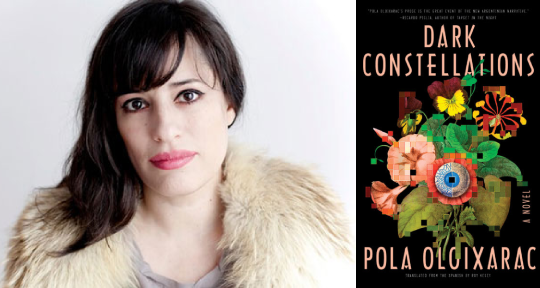This week features the Hebrew language poetry of Haim Nachman Bialik, a poet and cultural leader who influenced twentieth century Hebrew and Yiddish poetry like few others. Bialik’s commitment to innovation in stylistic Hebrew comes across in these skillful translations, which carry emotion upon a poignant succession of nouns that cover a stirring breadth of emotion in relatively few words. Verdant religious language is foiled by a personal lack. Yearning, the language evokes a sense of constantly thwarted arrival met with evacuation. Yet, the poems brim with hope for the future, foregrounding the hope which gives meaning to the barren condition of the present. Bialik remains the national poet of Israel.
Drops a Sprig in Silence
Drops a sprig in silence
To the fence.
Like him,
I’m mute. Shorn of fruit,
Estranged from branch and tree.
Shorn of fruit, the flower
Memory forgotten,
The leaves do sway,
Sure victims for the gale to slay.
Then the nights do come.
The nightmare—
The gall—
I thrash about in the dark,
I knock my head against the wall.
And spring will come.
Is splendour
A foil
To me, a barren twig,
Which bringeth forth
No fruit, nor flower, nor nill.
Take Me Under Your Wings
Take me under your wings,
Be to me sister and mother.
Let your bosom shelter my head,
Nestle my banished prayers.
Then in twilight, the hour of mercy,
Bend down to me, my anguish I’ll tell thee:
There is Youth in the world, they say.
My youth—where is it?
And another secret I’ll tell:
My soul, it is all burnt out.
There is Love in the world, they say.
Love—what is it?
The stars have all deceived me.
There was a dream, it too has passed.
I have not a thing in the world now.
I have nothing, at last.
Take me under your wings,
Be to me sister and mother.
Let your bosom shelter my head,
Nestle my banished prayers.
Translated from the Hebrew by Dahlia Ephrat
Haim Nachman Bialik (1873-1934), recognized today as the national poet of Israel, wrote in Hebrew and Yiddish. Born in the former Russian Empire, Bialik, who wrote passionately about the persecution of the Jewish people in Russia, moved to Germany and then to Tel Aviv. He had a relationship with Ira Jan, a painter and writer who followed him to Tel Aviv. After his untimely death in surgery, a massive funeral procession mourned down the street which now bears his name, showing his importance as an icon of an emergent Jewish literary movement and a significant cultural leader. During his productive career, Bialik wrote extensively, and his poems are well known to the Israeli public. On top of his poetry and essays, which have now been translated into more than thirty languages and set to music, Bialik translated a book of Talmudic legends called Sefer Ha’agada (The Book of Legends).
Dahlia Ephrat lives in Tel Aviv, where she was born. She began writing poetry at a young age, and began work as a translator at eighteen. She has translated scores of English language poetry into Hebrew. She remains interested in Hebrew, and embarks on linguistic studies of Hebrew etymology and thought.
*****
Read more translations on the Asymptote blog:


